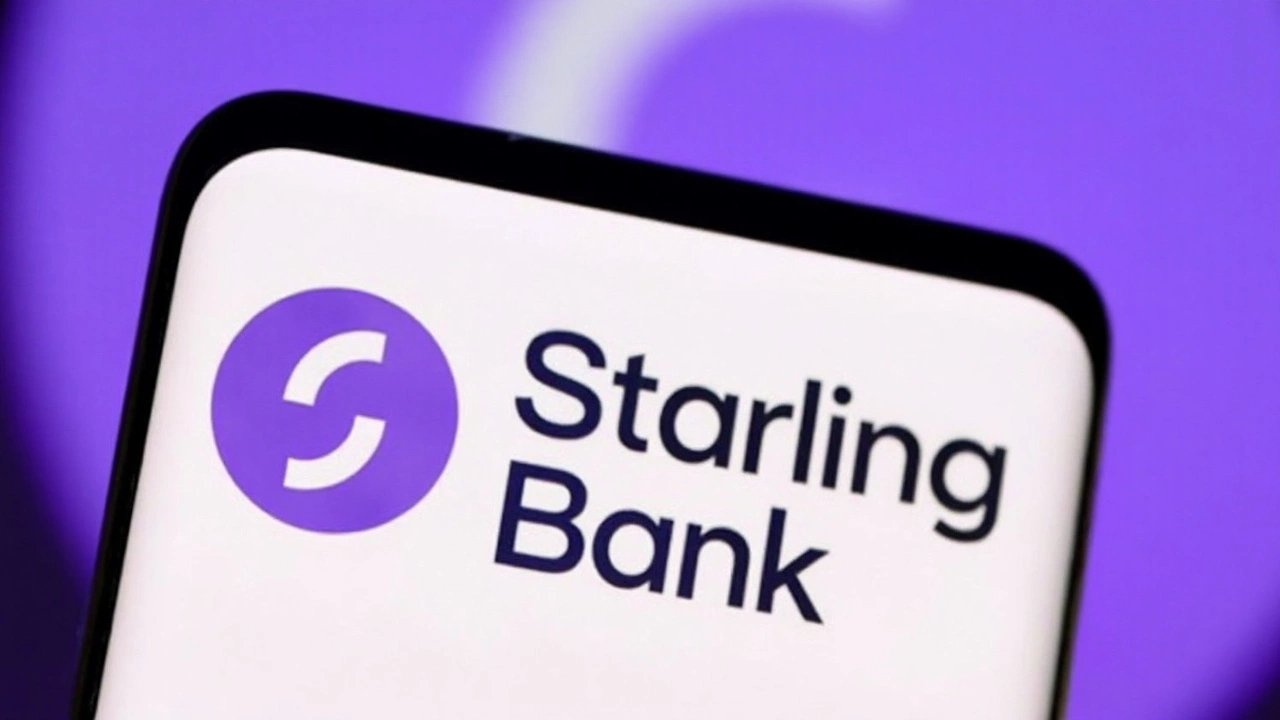UK Banking Made Simple: Your Quick Guide
Getting a bank account in the UK shouldn’t feel like solving a puzzle. Whether you’re moving here, starting a new job, or just want a better deal, the basics stay the same: pick a bank you trust, choose the right account type, and keep an eye on fees. This guide breaks everything down in plain English so you can make smart choices without digging through a mountain of jargon.
Choosing the Right Bank Account
First off, decide what you need. Most people start with a current account for everyday spending – bills, groceries, and the odd coffee. If you’re looking to grow your cash, a savings account or an ISA (Individual Savings Account) might be a better fit. Current accounts usually come with a debit card, online banking, and sometimes perks like cashback or interest on balances.
When you compare banks, look at three things: monthly fees, overdraft costs, and interest rates. Big high‑street banks often charge a small fee for premium accounts but may offer extra services like travel insurance. Challenger banks (think Monzo, Starling, or Revolut) usually have low or zero fees and fast app interfaces, but they might lack a physical branch if that matters to you.
Don’t forget to check the eligibility requirements. Most banks need proof of identity (passport or driver’s licence) and proof of address (utility bill or tenancy agreement). Some newer banks let you verify with a video call, which can speed things up for newcomers.
Saving, Spending and Staying Secure
Once your account is set up, the real work begins – managing money day‑to‑day. Start by setting up direct debits for regular bills; it’s the safest way to avoid missed payments and late fees. Use the bank’s budgeting tools or a simple spreadsheet to track where your money goes. Seeing a clear picture helps you spot waste and move more into savings.
If you’re saving, think about a high‑interest savings account or a cash ISA. These usually lock your cash for a set period, but the interest rate is higher than a standard current account. For short‑term goals, a notice account lets you earn a bit more while still giving access with a short notice period.
Security is a top priority. Enable two‑factor authentication on your online banking, and set up alerts for any transaction over a certain amount. If a bank offers a virtual card number, use it for online shopping to keep your real card details hidden.
Finally, watch out for hidden fees. Some banks charge for using an ATM outside their network, for foreign currency transactions, or for checking your balance in a branch. A quick glance at the fee schedule can save you a few pounds each month.
In short, pick a bank that matches your lifestyle, keep an eye on fees, and use the tools they provide to stay on top of spending. With a bit of attention, UK banking can be straightforward, cheap, and even a little rewarding.
